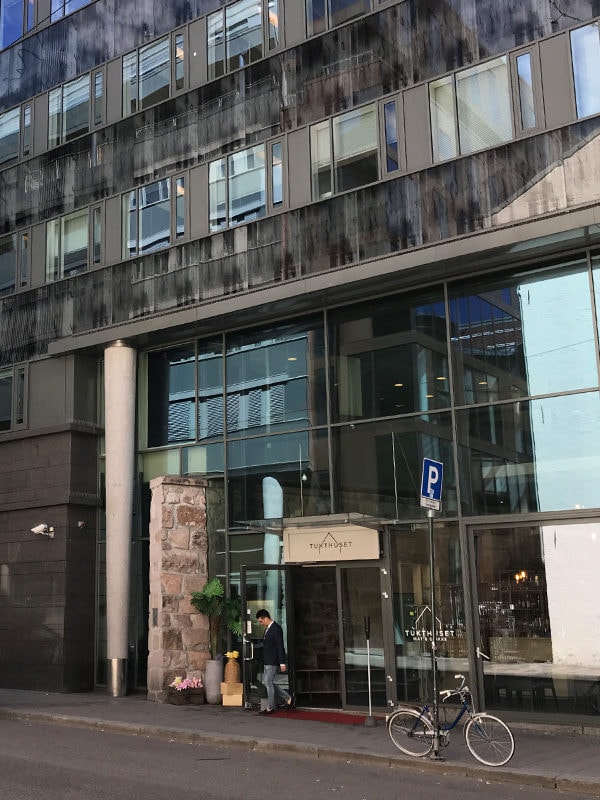
CURBATHERI – Curating Sustainable Urban Transformations through Heritage
Curating Sustainable URBAn Transformations through HERItage
Cities are constantly changing. As such, cities are composed of added historic layers that, over time, transform into heritage which merits conservation. Within the conservation process, heritage constitutes an inherent dynamic and transformative or temporal urban element. However, fragmented heritage structures targeted by urban strategies, often lose the opportunity to offer urban planning a sustainable source for cultural values as these pose difficulties for practitioners and users to agree on what is to be protected.
To address this challenge, CURBATHERI proposes an approach in which historical transformation is a value which we need to sustain. The project examines how “the deep city” (as a planning concept related to “the green city” and “the smart city”), represented by the fragmented (relics, ruined, archaeological) traces of different time-layers constitutes valuable heritage for preservation and use in cities. In this way, the needs for change and new cultural imprints in the city are addressed through its own deep historic continuity. CURBATHERI’s main objective is to develop a management toolbox that considers historical urban transformation as a source of heritage values that will enable decision makers to better understand the deep history of the place. This toolkit is based on cross-cutting research for comparable analysis in Norway, UK, Italy and Spain that integrates conceptual solutions defined by participatory approaches, online and offline, through innovative digital heritage modelling.
The toolbox wil facilitate the conceptualization of heritage values among stakeholders for the prioritization of best planning solutions. Both the theoretical and practical contributions of the project aim to stimulate reflection on the choices on how to use urban heritage affected by the historical transformation in urban planning.
WP 1 CONSEPTS: Assemblage urbanism: the role
of heritage in urban placemaking.
WP 2 OBSERVATORIES: Unpacking the Dynamics of Urban Transformation in Heritage Places through ‘Critical System Dynamics’: The Case of Beresford Square, Woolwich.
WP 3 LABORATORIES: Assessing the dynamic social values of the ‘deep city’: An integrated methodology combining online and offline approaches .
WP 4 MANAGEMENT TOOLBOX: Deep Cities – Curbatheri
WP 5 EVALUATION AND RECOMMENDATIONS: Policy Brief.
Learn more on curbatheri.niku.no
Project lead: Torgrim Sneve Guttormsen
- Status In progress
- Financed by JPI Cultural Heritage
- Time 2020-2022

